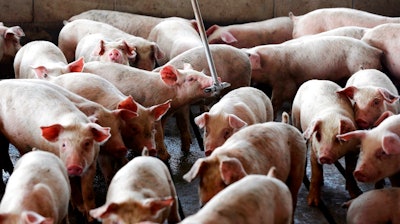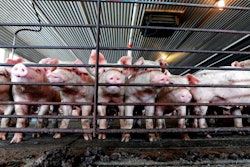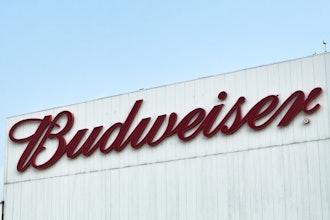
DES MOINES, Iowa and SAN FRANCISCO, March 18, 2019 /PRNewswire/ -- The National Pork Board and Ripe Technology, Inc. have entered an agreement to pilot blockchain technology use in the U.S. pork industry.
Through this partnership, ripe.io will enable an ecosystem that will allow pork producers to monitor, evaluate and continuously improve their sustainability practices based on the We Care℠ framework – six defined ethical principles guiding the U.S. pork industry. Launched in 2008, these principles provide industry standards in food safety and public health, animal well-being, protecting the environment, and improving the quality of life for the industry's people and communities. The standards also serve as the pork industry's commitment to continuous improvement.
"The growing demand across the entire food supply chain – including end consumers – is to 'Know Your Food.' The ripe.io platform generates powerful levels of transparency and trust by enabling collaboration and consensus of data and activities within food systems," said Raja Ramachandran, co-founder of ripe.io. "Through blockchain, customers like the National Pork Board can enable its organization and members to create shared, immutable trusted records that address critical food issues such as sustainability, quality, traceability, waste and fraud."
Working with ripe.io, the National Pork Board will demonstrate to its producers the value of having a responsible supply chain by consolidating sustainability data and activities gathered on the ripe.io platform. This platform will highlight how pork producers create a sustainable pork production environment. In addition, through a distributed permissioned ledger, this program data can be visible to partners in the ecosystem to ensure valid certifications. The data remains anonymous in order to create a benchmark indicator for each ethical principle.
"Over the last 50 years, America's pig farmers have followed the We Care principles to produce a product that has become increasingly sustainable using 75 percent less land, 25 percent less water, and 7 percent less energy," said Dr. Brett Kaysen, assistant vice president of sustainability at the National Pork Board. "We look forward to working with ripe.io to use blockchain technology to record proof points through a system that can benchmark performance while increasing transparency of the entire pork value chain."






















